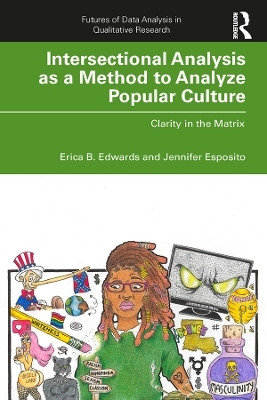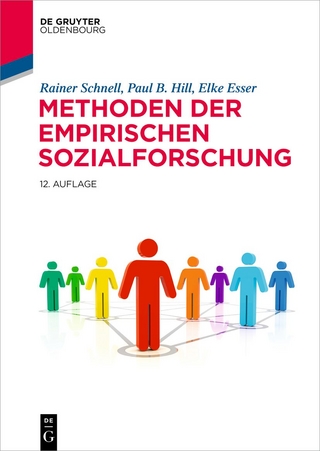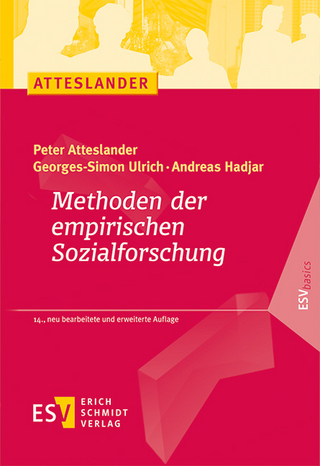
Intersectional Analysis as a Method to Analyze Popular Culture
Routledge (Verlag)
978-0-367-17340-1 (ISBN)
Intersectional Analysis as a Method to Analyze Popular Culture: Clarity in the Matrix explores how race, class, gender, sexuality, and other social categories are represented in, and constructed by, some of the most significant popular culture artifacts in contemporary Western culture.
Through readings of racialized television sitcoms, LGBTQ+ representation in mainstream American music, the role of Black Panther in Western imperialist projects, and self-love narratives promoted by social media influencers, it demonstrates how novice and emerging researchers can use intersectional theory as an analysis method in the field of cultural studies. The case studies presented are contextualized through a brief history of intersectional theory, a methodological rationale for its use in relation to popular culture, and a review of the ethical considerations researchers should take before, during, and after they approach popular artifacts.
Intended to be a textbook for novice and emerging researchers across a wide range of social science disciplines, this book serves as a practical guide to uncover the multiple and interlocking ways oppression is reified, resisted and/or negotiated through popular culture.
2021 Winner of the AESA Critics’ Choice Book Award
Erica B. Edwards is an assistant professor of educational leadership and policy studies at Wayne State University. Her research focuses youth experiences with exclusionary discipline at the intersections of racism, classism, and sexism. Considering the central ideological role of popular culture in youth experiences, Erica also writes about the educative value of television, film, and music from a Black feminist perspective. Jennifer Esposito is a professor of educational policy studies at Georgia State University. Her research includes the ways race, class, gender, and sexual orientation shape one’s access to and experience within all levels of education. She also interrogates how popular culture functions as an educative site.
Acknowledgements
Chapter 1. Introduction
Chapter 2. Methodological Rationale
Chapter 3. Ethics and Popular Culture: What are the Boundaries?
Chapter 4. Reading Television Sitcoms Intersectionally
Chapter 5. Reading Popular Music Intersectionally
Chapter 6. Reading Film Intersectionally
Chapter 7. Reading Social Media Intersectionally
Chapter 8. Epilogue
| Erscheinungsdatum | 10.12.2019 |
|---|---|
| Reihe/Serie | Futures of Data Analysis in Qualitative Research |
| Zusatzinfo | 3 Tables, black and white; 1 Line drawings, black and white; 1 Illustrations, black and white |
| Verlagsort | London |
| Sprache | englisch |
| Maße | 156 x 234 mm |
| Gewicht | 430 g |
| Themenwelt | Sozialwissenschaften ► Ethnologie |
| Sozialwissenschaften ► Soziologie ► Empirische Sozialforschung | |
| ISBN-10 | 0-367-17340-9 / 0367173409 |
| ISBN-13 | 978-0-367-17340-1 / 9780367173401 |
| Zustand | Neuware |
| Haben Sie eine Frage zum Produkt? |
aus dem Bereich


